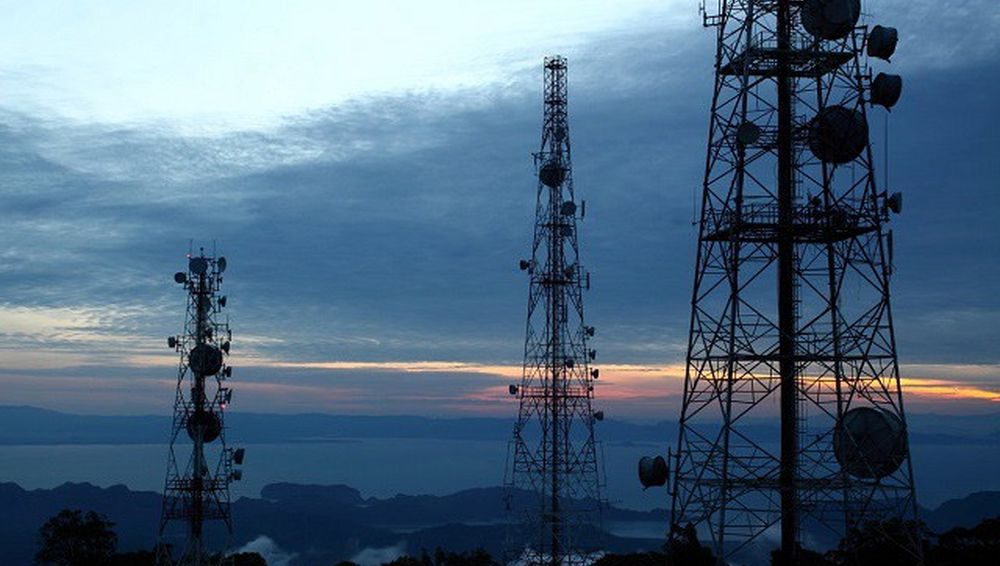There is a significant risk of Digital Pakistan not being realized in the current market and regulatory environment, together with the exacerbating impact of recent macroeconomic developments, says Global Mobile Industry Association (GSMA).
The Association in its latest report on Pakistan “Making Digital Pakistan a reality”, stated that aggregate mobile ARPU is now below $1 in Pakistan – one of the lowest in the world (the global average is $8). Annual inflation in Pakistan rose to more than 27 percent in August 2022 (the highest level in 47 years) on the back of flood-related disruptions to food supply chains and challenging global monetary conditions.
The negative impact of inflation on consumer spending (including on telecoms services) and rising operating costs (partly due to currency depreciation and higher energy prices) have implications for the economic health of the industry.
According to publicly available data, two mobile operators reported a combined loss of around Rs. 50 billion ($226 million) during H1 2022, while Jazz has reported four consecutive quarters of negative growth for foreign investors in US dollar terms.
These headwinds come as Pakistan still lags behind its peers in South Asia on several indicators for mobile internet adoption and usage. The country has a much wider coverage gap than its peers and a significant usage gap, highlighting the scale of non-infrastructure barriers to mobile internet adoption and usage.
The report noted that taxes on service providers, consumer devices and services in Pakistan are among the highest in the world. These taxes, some of which are sector-specific, often impact network investment affordability and have a disproportionate impact on the most vulnerable. Policymakers should gradually eliminate the 15 percent Advance Income Tax (AIT or withholding tax) on essential telecom services and the 19.5 percent sales tax on mobile services, which create additional barriers to digital inclusion for low-income households.
Cash margins essentially increase the cost of imports in terms of the opportunity cost of the amount deposited. As such, the 100 percent cash margin requirement on imports imposed by the SBP should be removed for telecom equipment to avoid jeopardising current and future network rollout. Customs duties should also be reduced on batteries used for renewable energy and optical fibre equipment.
The increase in regulatory duty on optical fibre imports from 10 percent to 20 percent in the Finance Bill 2022 should be reversed to help sustain investment in fibre rollout.
In 2020, policymakers unveiled a three-year spectrum strategy to 2023. However, the short duration does not provide the necessary visibility to investors. A clear, long-term roadmap of at least five years would provide greater certainty for the industry to attract capital for infrastructure rollout.
Additionally, denominating spectrum costs in US dollars exposes the operators to significant currency devaluation risk, given that the depreciation of the local currency adds to higher spectrum fees paid in US dollars. The unpredictable currency value impacts business plans and eventually affects company revenues and the retail price for consumers.
As a result, policymakers should consider denominating spectrum payments in local currency, which would provide greater certainty for operators, given that revenue is also earned in local currency.
Policymakers should look to implement the ‘industry’ status granted to the telecoms sector in terms of energy tariffs, considering the services a necessity rather than a luxury.
Lower energy costs could help operators channel savings into investing in network infrastructure and providing better services. Implementing the ‘industry’ status as approved in the Finance Bill 2021 will also go a long way to strengthening investor confidence in local policies.
In view of the challenging operational environment, including forex and inflationary headwinds, policymakers should consider the following measures to mitigate economic pressures and spur long-term planning:
- Review and freeze the forex rate for licence-fee payment to mitigate currency risk and remove uncertainty in business planning.
- Stagger licence-fee instalments over 10 years to provide the much-needed fiscal space and ease cash-flow pressures.
- Review policy-mandated levies, such as universal service funds (USFs) and research and development (R&D) contributions, and consider a moratorium on the rollout and quality-of-service obligations.
The report noted that Digital Pakistan is the flagship initiative of the government of Pakistan to expand the knowledge-based economy and spur socio-economic growth using digital technologies. The mobile industry plays a crucial role in driving digital transformation and is well-placed to support the realization of Digital Pakistan.
To continue on this path, mobile industry players must be able to roll out the required digital infrastructure and innovative services to bridge the digital divide and accelerate the adoption of digital solutions. However, this requires a whole-of-government approach (WGA) to tackle the headwinds that could undermine the economic health of industry players and their ability to contribute to socioeconomic progress.
Policymakers in Pakistan have an opportunity to accelerate progress with Digital Pakistan and lay a strong foundation for 5G. This can be done by implementing vital reforms, using a WGA, to improve the financial health of the overall telecoms sector and the ability of industry players to invest and innovate. The following areas in particular require urgent attention.





















